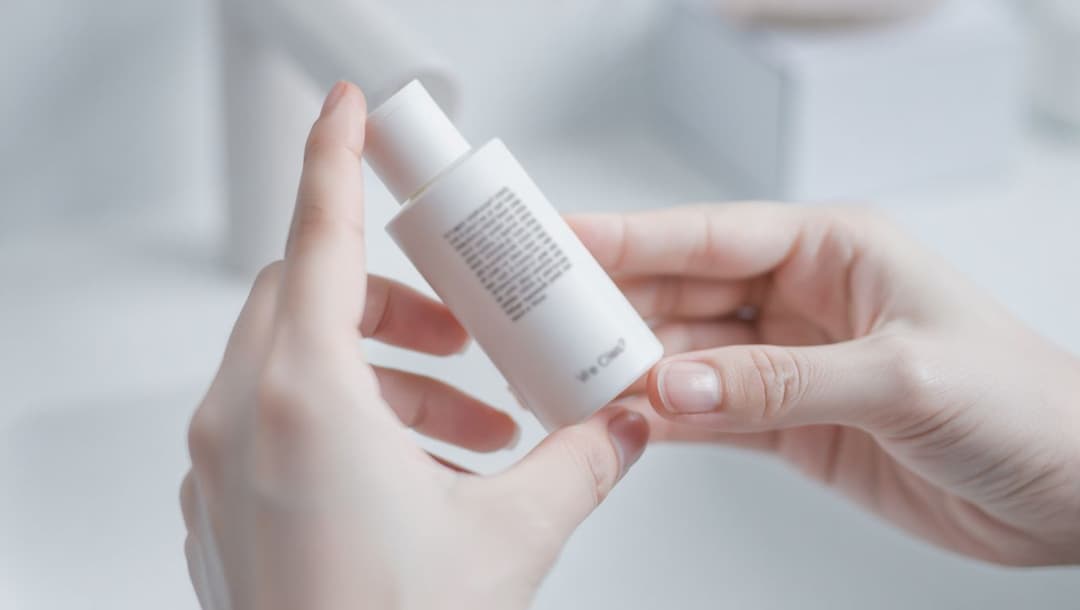Wrinkles are a natural part of the aging process, resulting from a combination of internal biological changes and external environmental factors like sun exposure. This guide explains why we get wrinkles and outlines evidence-based strategies to slow their development and maintain healthier, more resilient skin.
Why Do We Get Wrinkles?
Wrinkles are a natural part of the aging process and result from a combination of internal biological changes and external environmental factors. As we grow older, our skin gradually loses collagen and elastin—proteins that provide strength, structure, and elasticity. At the same time, the production of natural oils slows down, leading to dryness and reduced skin suppleness.
Repeated facial expressions, such as frowning or smiling, also contribute over time by creating lines that become etched into the skin. In addition, long-term exposure to ultraviolet (UV) radiation from the sun accelerates skin aging—a process known as photoaging—by damaging the deeper layers of the skin. Other influences like smoking, pollution, genetics, and poor nutrition can further weaken the skin's structure and resilience.
Together, these changes cause the skin to thin, sag, and form wrinkles—especially in areas most exposed to movement and sunlight, such as the face, neck, and hands.
How Can We Slow Down or Prevent Wrinkles?
While wrinkles are an inevitable part of aging, their onset and severity can be influenced by lifestyle choices, environmental exposures, and skincare practices. Preventing or delaying wrinkles involves protecting the skin's structural integrity and minimizing factors that accelerate skin aging.
1. Sun Protection
Ultraviolet (UV) radiation is the single most important external factor in premature skin aging. Daily use of broad-spectrum sunscreen (SPF 30 or higher), wearing protective clothing, and avoiding peak sun hours can significantly reduce UV-induced collagen breakdown and photoaging.
2. Retinoids and Retinol
These vitamin A derivatives are among the most evidence-based treatments for reducing fine lines and improving skin texture. They promote cell turnover and stimulate collagen production. Prescription-strength retinoids (e.g., tretinoin) have greater potency, while over-the-counter retinol offers a milder option.
3. Moisturization and Gentle Skincare
Keeping the skin well-hydrated maintains its elasticity and barrier function. Use of emollients, hyaluronic acid, and ceramide-containing products can help prevent dryness-related wrinkling. Avoiding harsh cleansers and over-exfoliation also helps preserve the skin's natural oils and barrier.
4. Avoid Smoking and Limit Alcohol
Smoking accelerates skin aging by decreasing blood flow, increasing oxidative stress, and depleting vitamin C, which is essential for collagen synthesis. Excessive alcohol dehydrates the skin and can worsen wrinkle formation over time.
5. Antioxidant-Rich Skincare and Diet
Topical antioxidants—such as vitamins C and E, niacinamide, and polyphenols—can protect against free radical damage. Similarly, a diet rich in fruits, vegetables, omega-3 fatty acids, and adequate protein supports skin repair and regeneration from within.
6. Healthy Lifestyle and Sleep
Adequate hydration, regular exercise, and restful sleep promote better circulation, cellular repair, and stress regulation—factors that all benefit skin health. Sleep on your back if possible; repeated pressure on facial skin can contribute to "sleep lines" over time.
7. Early Intervention and Professional Treatments
Dermatological interventions such as chemical peels, laser therapy, microneedling, and botulinum toxin (Botox) can prevent or reduce the appearance of wrinkles when used appropriately. Early intervention often yields better long-term outcomes than waiting until signs of aging are well-established.
Conclusion
While we can't completely stop the clock on aging, a combination of sun protection, healthy habits, and evidence-based skincare can significantly slow the development of wrinkles. Prevention is most effective when started early and maintained consistently over time.

















